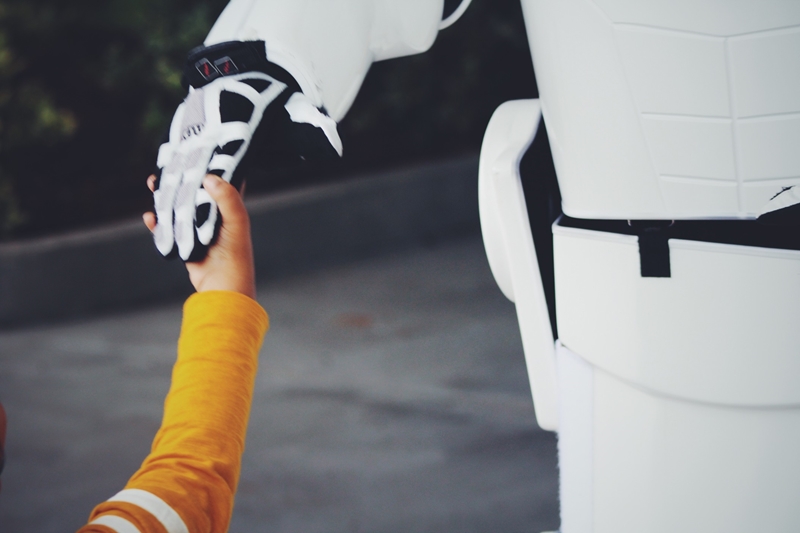Continuous learning has never been more important than it is today. The working world is a performance business. Companies are actively competing with one another, constantly looking to outperform their contemporaries by more effectively appealing to consumer expectations. Employees, meanwhile, are not only vying with new job seekers for employment opportunities – they also must contend with the rise of automation, which threatens to displace workers in certain markets.
No worker wants to think they’re replaceable. However, through continuous learning in the workplace, modern workers can discover the hard and soft skills that make them truly invaluable to their employers’ ongoing success.
The arrival of automated intelligence
At one time, artificial intelligence seemed like the wave of the future. However, based on the ubiquity of AI, the future is now. Indeed, virtually every industry today employs robotics in some form.
According to a recent report from Oxford Economics, the number of robots has soared to new heights over the past 20 years, more than tripling to 2.25 million worldwide. This robot densification has led to fewer hours on the job per week, reducing the cost of labour for employers. In Australia, as an example, the average full-time worker spends roughly six fewer hours on the clock today than back in 1960, according to an analysis conducted by the McKinsey Global Institute. And in the Netherlands, weekly hours worked have plummeted by 15 over the corresponding period, with Germany in a distant second (10.1 fewer hours).
To remain relevant, the modern worker must be teachable and willing to learn new skills. While AI is capable of performing certain activities that are more routine-oriented, for tasks that require tact, thoughtfulness and creativity, nothing can replace the human touch.

Businesses keying in on continuous learning
Employers know the value of continuous learning, which is why they’re investing more resources toward this end goal. According to a Deloitte Global Human Capital Trends report, which surveyed primarily C-suite executives worldwide, nearly 85% of respondents cited learning as “important” or “very important.” Not only do employers find it essential, but so do employees, expecting “dynamic, self-directed and continuous learning opportunities from their employers.” That both employers and employees acknowledge the importance of continuous learning speaks to its indispensability towards achieving excellence.
The role of soft skills
The training and methodologies involved in continuous learning largely depend on the industry. Some entail more perceptive analysis, such as may be the case in marketing, while others are more hands-on in nature, evidenced in warehousing and logistics.
Regardless of the industry, effective continuous learning derives from a combination of hard and soft skills. Soft skills are the nontechnical variety, the kind that are readily transferrable and make the ordinary individual extraordinary in the eyes of employers. Critical thinking, communication, problem-solving and leadership are just a few of the soft skills that are most in demand. Companies with an employee base replete with soft skills may earn $90,000 more per year in revenue than those where such skills are limited, according to a Deloitte Access Economics study completed in conjunction with DeakinCo.

This may be due to said proficiencies’ ability to enhance output. Indeed, as Deloitte also found, Australian organisations superior in teamwork tend to be 3% more productive than those companies that lack this trait.
Despite the tangible benefits that intangible skills can generate, Aussies may be underestimating their advantages. Among Australians with LinkedIn profiles, less than 1% list any soft skills as talents, Deloitte found. They’d be wise to do so because 25% of businesses in Australia struggle to find workers with these transferrable skill sets.
Contact us at Deakin University
Whether you’re just entering the working world or seek to advance in your chosen profession through a promotion, Deakin University can help you reach your goals. With more people attending university and the rise of AI, you have to distinguish yourself from a crowded field of competitors – human and robot alike. You can do this by developing credentials that attest to your soft skills capabilities. For more information on credentialling and how it can set you up for continuous learning success, please contact us today.

